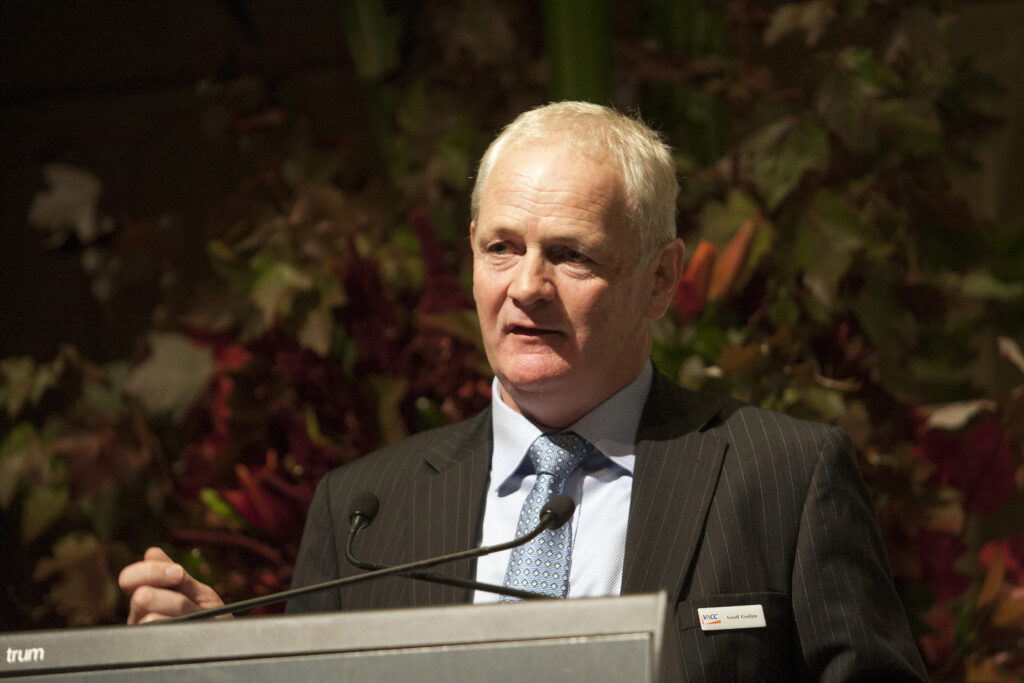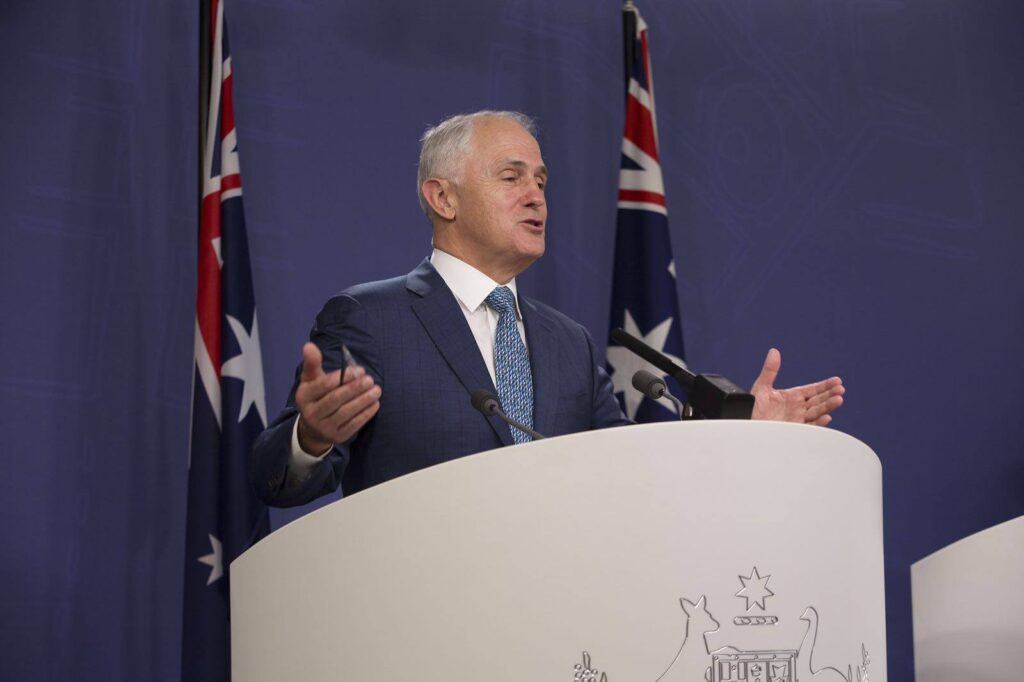ARC, VACC welcome effects test
- PostedPublished 21 May 2016
THE Australian Refrigeration Council (ARC) has hailed the Turnbull government’s announcement that it will proceed with the controversial ‘effects test’ and tackle the misuse of market power by big businesses as “a big win for small business”.

ARC, which administers refrigerant handling licences and refrigerant trading authorisations on behalf of the federal government, described the policy decision as a big news given that more than 90 per cent of ARCTick-authorised businesses – professionals in the refrigeration/air-conditioning and automotive industry – have 15 employees or less.
According to the ARC, the key point point is that in business-to-business dealings, a small business will need only show that the actions of a big business “would likely have the effect” of creating an uneven playing field – hence the term “effects test”.
The Victorian Automobile Chamber of Commerce (VACC) has also praised the amendment as “a win for motorists and small automotive businesses”, particularly between independent smash repairers and large insurance conglomerates, and independent fuel retailers and the larger supermarket-operated chains.
“It’s the stone in the sling in the David and Goliath battle,” said VACC executive director Geoff Gwilym.

“Currently our body repair members report that they are being pressured to compromise on the quality of their work in order to meet insurer demands. With strengthened competition law, we hope to see a fairer deal for body repairers, in turn leading to better repairs for motorists.
“There have been no completely reliable levers to use against the misuse of market power in the past,” he added. “This has caused a lessening of competition and created a barrier to entry for many innovative people and companies from entering the marketplace.
“Small business operators will now be better able to compete in the marketplace. That is good for business, good for jobs and good for the community.”
Previously rejected by the Abbott government, the recommendation comes from the Competition Policy Review delivered last year by economist Ian Harper, who found that Australia’s current “misuse of market power provision” (in Section 46 of the Competition and Consumer Act) “is not reliably enforceable and permits anti-competitive conduct”.
According to the Harper Review, “this slows the entry and expansion of new and innovative firms, delays the entry of new technologies into Australia and impedes economic growth in the long term”.
The new provision, which at the time of writing was still to be introduced to parliament, is said to be better able to deal with harm to competition in Australian markets, preventing companies with substantial market power “from engaging in conduct that has the purpose, effect or likely effect of substantially lessening competition”.
Essentially, the amendment aims to even things up between big and small businesses and allow legal redress for the little guys when a big one takes advantage of its market power for the purpose – or likely effect – of eliminating or substantially lessening competition.
The oft-cited example is predatory pricing, where a big company sets prices that are so low that the smaller competition simply cannot match them, forcing them out of the market.
In such a case, under current law, proving that the big business has misused its market power – compared to simply engaging in strong competition – has been difficult.
Imposing an effects test, on the other hand, will mean that the Australian Competition and Consumer Commission (ACCC) need only determine whether a company’s market power is substantial and that its actions lessen competition.
This would apply not just in terms of a company’s actions over a smaller player but whether they adversely affect competition in the marketplace as a whole.
“What this will do is ensure that our competition law works better to enable competition, to enable smaller businesses, emerging businesses, to be better able to compete because we know that while larger firms are often very innovative and often very competitive, they are more innovative if the hot breath of competition is coming down their neck,” Prime Minister Turnbull said.

“We want to have a competitive Australia. We want an Australia where every business, small or large, believes that the competition laws are protecting them and above all protecting competition.”
Among the opponents of the reform, the Business Council of Australia (BCA) argues that the proposed changes run counter to the principle of competition, discouraging big businesses from developing new and innovative products if the threat of lessening competition in the marketplace is hanging over them.
“If Australia wants to have an innovation-driven economy, this is poor policy,” said BCA president Catherine Livingstone.
- CategoriesIn SightGlass
- TagsARC, Regulatory, SightGlass News Issue 6

